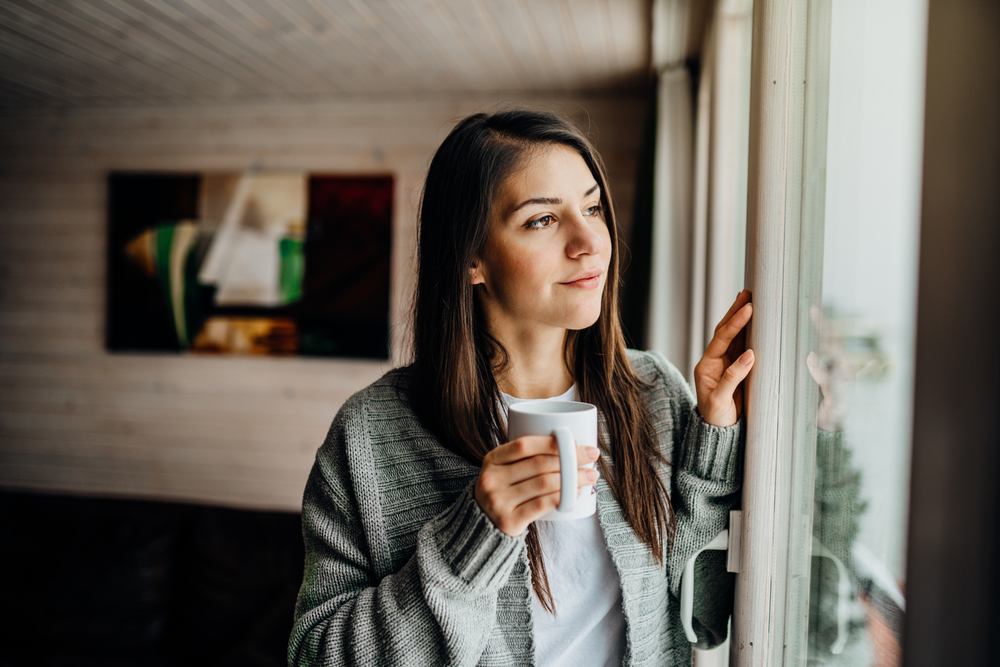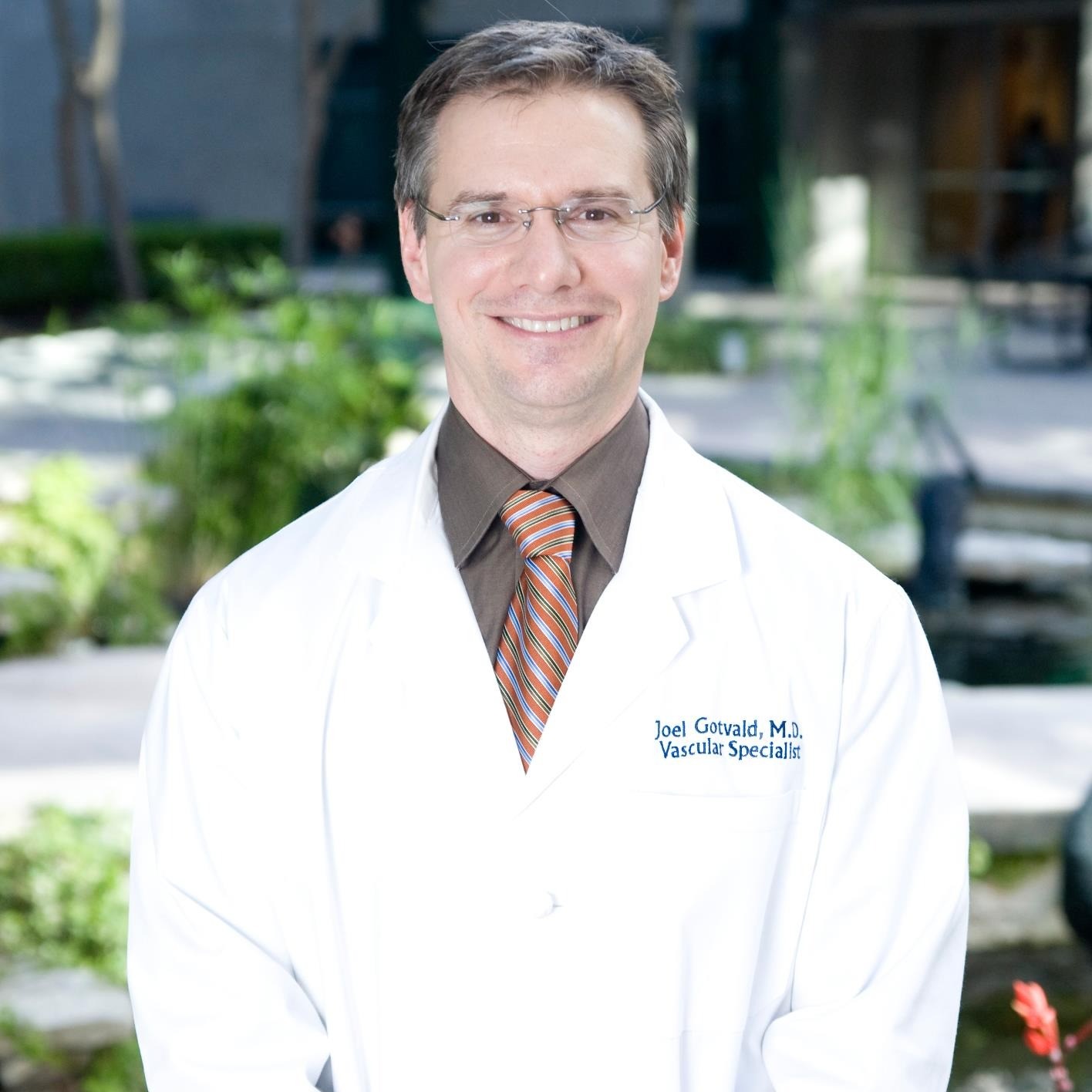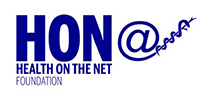 Photo Courtesy of Health.com
Photo Courtesy of Health.com
While some people are more likely to develop varicose veins than others – hereditarily for some, and childbirth for women – there are a number of simple self-care practices you can do at home to help prevent or minimize varicose vein symptoms:
Massage
Massage each leg for at least five minutes will help stimulate circulation. Massage the entire leg – not the vein itself. You can use massage oils while you do this, such as cypress, geranium, and rosemary, all of which are known to stimulate circulation and reduce inflammation.
Exercise
Exercise is one the best ways to stimulate circulation and improve muscle tone. Low impact exercises such as walking, dancing, and swimming are recommended to maintain blood pressure levels. Be sure to elevate your legs after long periods on your feet to reduce pressure and swelling.
Hydrotherapy
Hydrotherapy consists of alternating between cold and hot baths, another method that aids in stimulating circulation. This can be done at many community wellness centers with pools. Soak in hot water for approximately three minutes, followed by cold water for 30 seconds. Repeat three times.
Herbal Supplements
Certain herbs can aid in circulation and healing. Horse chestnut extract, natural, plant-based medicine that is often recommended for venous insufficiency and varicose veins, improves circulation symptoms related to varicose veins and decreases leg inflammation and swelling.
Compression Stockings
Compression stockings come in a variety of styles and weights and can help alleviate symptoms of varicose veins.
Health
Maintaining a healthy lifestyle with exercise and smart eating habits, important for preventing any health issue, is especially relevant for preventing and managing varicose vein disease. Being overweight increases the probability of the progression of varicose veins.
Nutrition
Incorporating fibrous foods (found in fruits, legumes, vegetables, and whole grains) and vitamins into your diet can aid in vein health. Vitamin A can help speed healing, while Vitamin C can help promote circulation.
—
If home remedies aren’t doing the trick, it may be time to see a specialist. Varicose vein treatment is often covered by insurance, and there a number of effective treatments to alleviate pain and swelling. Contact Austin Varicose Vein at 512-220-5401 for a free vein consultation.



